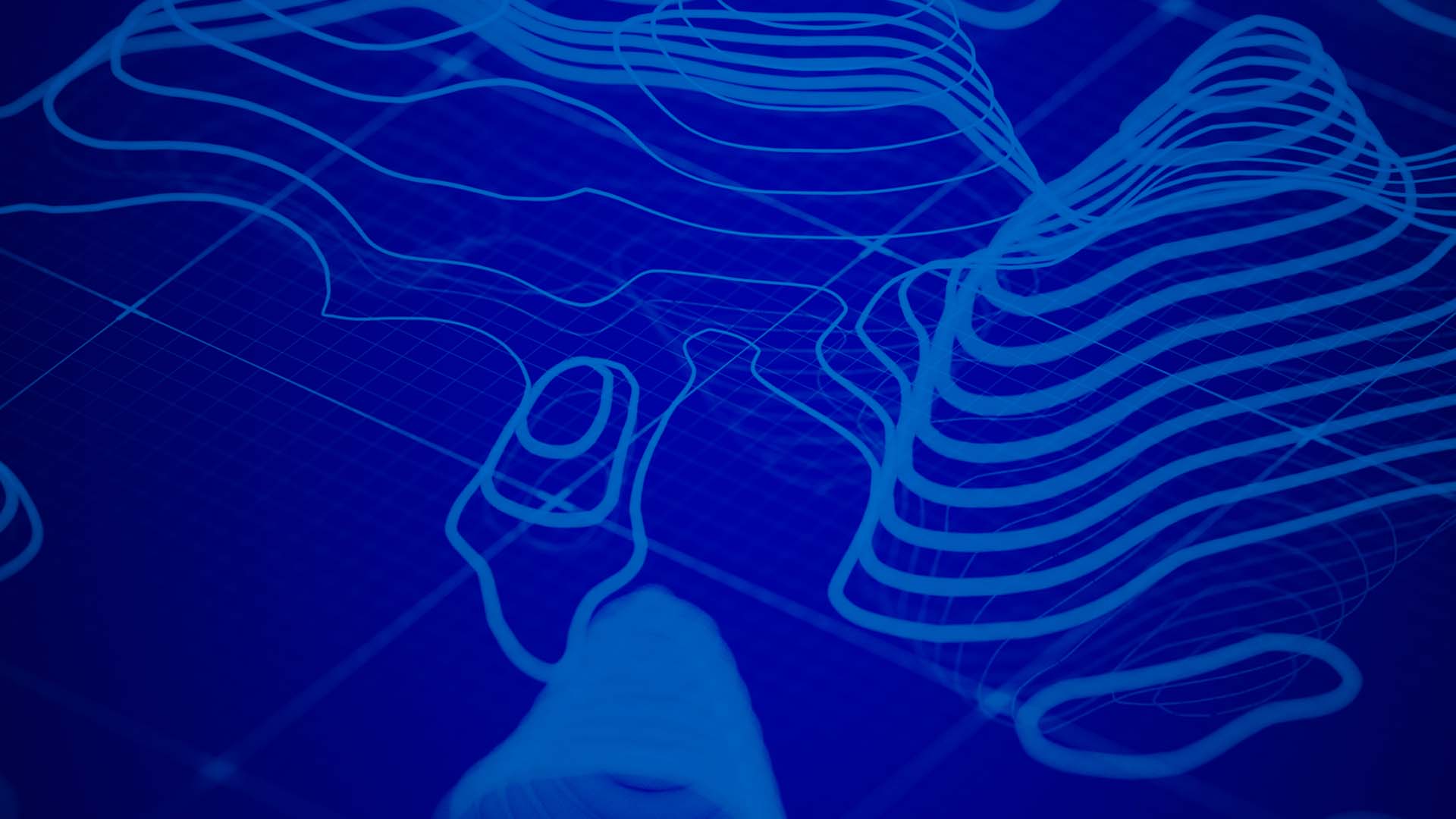Redlands, California—Global smart-mapping leader Esri today announced the launch of DataLB, Long Beach, California’s comprehensive data hub. The hub makes the city’s geospatial analytics data available online to the public. This technology enables citizens, businesses, and academic institutions to use geographic information for better decision-making.
Since 2014, Long Beach mayor Robert Garcia has been committed to implementing Esri technology within the city to display data in maps and make information easily discoverable and shareable between departments over the web. DataLB extends these capabilities to the public, with an easily accessible online portal.
"DataLB will make huge amounts of city data accessible to the public, staff, and anyone who is interested in learning about or improving our community," said Garcia. "Long Beach is doing more than just making data public; we are actually making it easy for people to see data in maps and use the site and apps to track public works projects, open new businesses, and find other resources."
As a public engagement tool, DataLB reveals city data that was previously only accessible to internal staff. Also, the portal contains an open data section that enables anyone to map and create visual reports of whatever data they want, such as the rate of homelessness in certain areas.
"Providing data online is not a new concept in government," said Bryan M. Sastokas, Long Beach chief information officer. "But the City of Long Beach wants to drive beyond presenting data online, and our DataLB hub is an innovative approach that allows the public to operationalize data, making it more useful to the community and building on the city’s commitment to transparency."
"Anyone looking to use and benefit from the open data on a government portal needs one place where these resources are accessible and organized and—most importantly—applied to real city initiatives," said Christopher Thomas, director of government markets at Esri. "DataLB provides an easy-to-navigate resource where organizations and local software developers can access data at no cost, download it, and share insight with the community or build new applications that address cross-cutting community priorities. Because this information is constantly updated, people will now be better informed about the decisions they make, whether determining the site of a new coffee shop or finding out how to effectively allocate volunteer personnel."
Esri’s hub model serves as a launching point for cities looking to become smart communities. Citizens who have greater access to location-based data are better equipped to prosper.
To see a list of smart communities and create a hub, visit go.esri.com/pr-be-a-hub.
